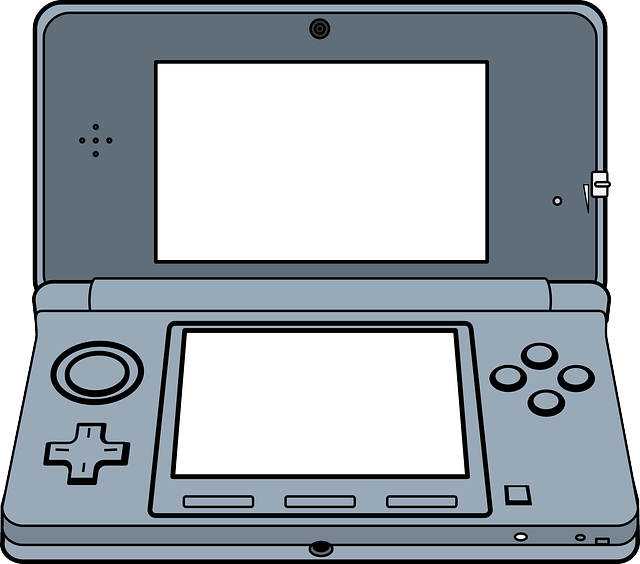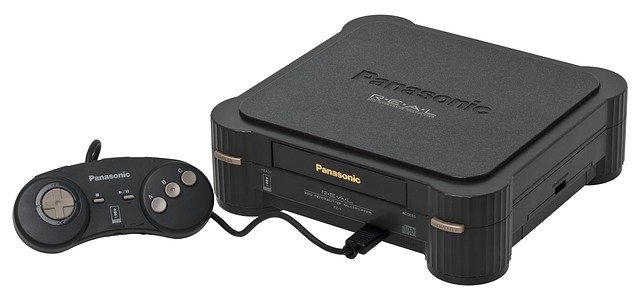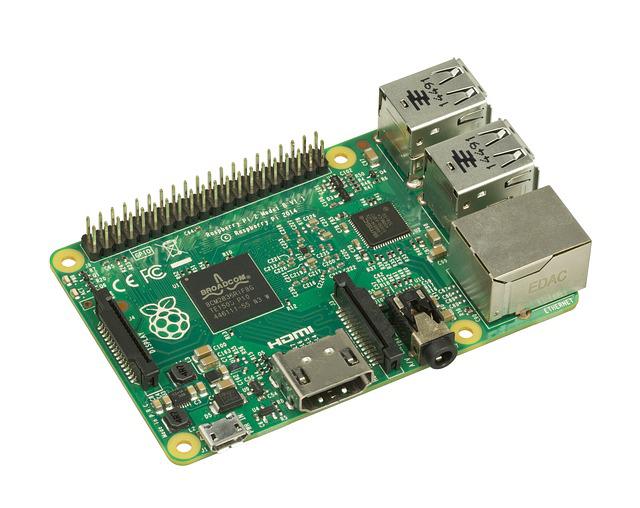What makes a Devolver Digital game? I can’t answer that question. Nobody can. Few publishers have managed to score so many miraculous hits while remaining thoroughly un-betrothed to any genre, tone, or trend. Just look at its 2021 catalogue. Last January, Devolver released Loop Hero, a lo-fi sword-and-sorcery spatial puzzle in which players craft progressively more difficult dungeons for their lonely hero to conquer. (It was an early Vulture favorite.) The following July, Devolver returned with Death’s Door, which took a classic Legend of Zelda saga and dusted it with some gothic, Miyazaki-ish charm. (We called it our seventh-best game of the year.) In October, Devolver unveiled Inscryption, which is both an airtight card game and a grand, fourth-wall-piercing detective saga — all centered on the haunted video-game cartridge we’re unlucky enough to be playing. (It has already being touted as a modern classic.) At the end of the month, Devolver will release Weird West, an inky horse opera set in an American frontier beset by ghouls, cultists, and a variety of other prairie nightmares. (It’s one of the most anticipated games of the year.)
I could go on. Devolver Digital published the Day-Glo battle royal Fall Guys, the rhapsodically melancholic platformer Gris, and the retrograde, Quake-worshipping first-person shooter Strafe. These games have nothing in common aesthetically or mechanically, and yet they’re all somehow united in the same uncanny breed. In an era of mass consolidation in the games industry — in which publishers like Ubisoft crank out an endless supply of waypoint-laden open-world adventures, and every Activision product is sandbagged by a network of prickly microtransactions — Devolver has found success with a proudly obsolescent formula: Identify a gifted developer who is maniacally consumed by a singular vision, bless them with plenty of funding and promotion, and watch with pride as a game pours out of their soul.
Video: Devolver Digital
“My sole concern is that we get the best game possible. If we do a good enough job, [our partners] will never have to stack a shelf or do some coding work for someone else,” says Andrew Parsons, head of production at Devolver. “When we are excited about something, it comes from the developer … An agent saying, ‘Hey, I’ve got this roster of indie games — which one do you want?’ is not the same as a developer saying, ‘I have to make this game — otherwise I’ll die.’”
Devolver Digital was founded in 2009 by three lifers in the independent-games scene just as the market was drifting away from retail boutiques like GameStop and toward those ethereal, online-only marketplaces like Steam (hence the digital in the company’s name). From the outset, Devolver aimed to elevate promising projects with developer-friendly contracts, which was particularly challenging when small publishers were burdened by the expensive manufacturing costs of discs and cartridges — an anxiety that is almost nonexistent today. Devolver’s first few years were focused on rebooting the beloved PC shooter Serious Sam, but by 2012, the company was beginning to take risks with unknown indie game-makers. Its first major hit was the gruesome, neon-soaked noir of Hotline Miami. That game was developed by the teensy two-person Swedish studio Dennaton Games and somehow went on to sell over 1.5 million copies. Devolver had discovered its Midas touch.
Since then, Devolver Digital has become something akin to the HBO of the games industry. Yes, Devolver is a much larger entity than it was a decade ago — as of 2021, it employs 174 people and holds investments from power brokers like Sony and NetEase — but the core ethos hasn’t changed, and that has allowed the company to consistently punch above its weight. Since its inception, HBO has been smaller, leaner, and less accessible than any of its major competitors. But it countered the reach of broadcast networks for decades with a dogmatic devotion to great scripts and is now bringing the same strategy to the streaming wars. (Remember how we all spent last summer talking about a miniseries set in a cursed Hawaiian hotel?) Similarly, Devolver understands it cannot compete with the budget or scope of a flagship Microsoft venture and makes up the distance with the only leverage it possesses: a keen eye for talent. It turns out that a viable business model can be forged by simply releasing a lot of good video games, which is a truth that the rest of the industry eschews too easily.
Video: Devolver Digital
“HBO will go for a commercial win with Game of Thrones and Sex and the City, but they’re not afraid of the prestige title, too, the stuff that doesn’t have as much of a net to cast,” says Nigel Lowrie, one of the co-founders of Devolver Digital. “We try to emulate that. Just because you look at a game and say, ‘There’s no chance this sells 200,000 copies,’ doesn’t mean that it’s not worth doing.”
Of course, some of the more avant-garde entries in the Devolver itinerary do end up becoming enormously successful. There is perhaps no better example than Ape Out, a game designed, illustrated, and programmed by the one-man show Gabe Cuzzillo. It’s impossible to describe what Ape Out is. Even Cuzzillo, who bled over the game for five years, struggled to put it into words when I called him on the phone. Here’s the best I can do: Ape Out is a minimalist brawler indebted to the crisp graphic design of 1950s Blue Note album covers. The player takes control of an ape that is breaking out of its prison, and every action is cued to a cymbal crash or a bass-drum kick — almost as if you’re creating a jazzy drum solo with your controller. I’ve never played anything like it, which is absolutely the point. Like many great Devolver games before it, Ape Out bypasses the brain, grabs hold of your id, and lights it on fire. In fact, when Cuzzillo sent over a prototype of his project to Lowrie, his new boss responded with a stock photo of a child sucking on an inhaler. “I didn’t know how to interpret it at first,” says Cuzzillo. “But it was positive.”
“I had found a feeling I was trying to articulate with Ape Out. I was passionate about trying to reach that very specific feeling and a very specific goal,” he continues. “Devolver has a good sense of playing an early version of a game and seeing what [it’ll] become. They’re good at finding diamonds in the rough.”
Video: Devolver Digital
To Lowrie, Ape Out represents the distillation of everything Devolver is trying to accomplish. “You have a developer who comes in with a clear vision. When it’s that clear, it gets us excited,” he explains. The company has spent the past decade trusting its instincts, guarding its heart, and surrendering to the mercurial whims of the sublime. One of the eternal truths of game development is that you can’t fake the euphoria of everything snapping into place — when suddenly an outré design is rendered immediate and vital.
“[Devolver] is not about ‘Here’s your portfolio. Do you have this slice or this genre covered?’ One of the things we ask ourselves the most is, Does anyone enjoy playing this? Yes, I know this game could be popular or successful, but does anyone enjoy playing it?” says Lowrie.
“You see games out there where people say, ‘Well, it checked all of these boxes’ — but is it really fun to play?” he adds. “It doesn’t matter if all the boxes are checked.”
Even after reporting this piece, I still don’t know what makes a Devolver game, but I do know what doesn’t make one. You know the mealy half-enjoyment of a hollowed-out AAA adventure? In which your character completes a list of tasks in a glistening 4K war zone while a podcast rattles out of your iPhone speaker? Devolver eschews that feeling for the feral, the distorted, the apes breaking out of prison. You know it when you see it, and it makes all the unchecked boxes irrelevant.
Source: https://www.vulture.com/2022/03/devolver-digital-profile.html



